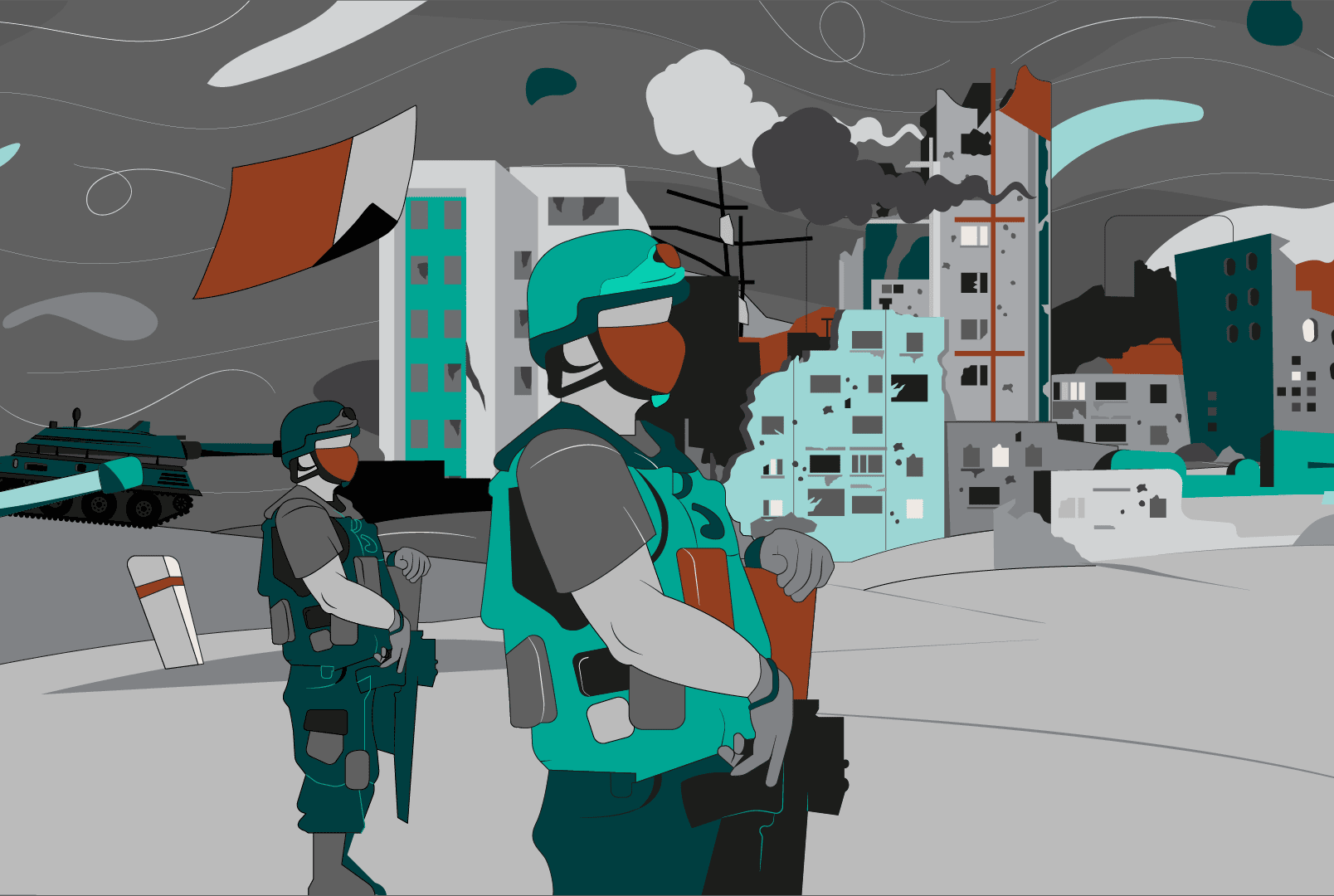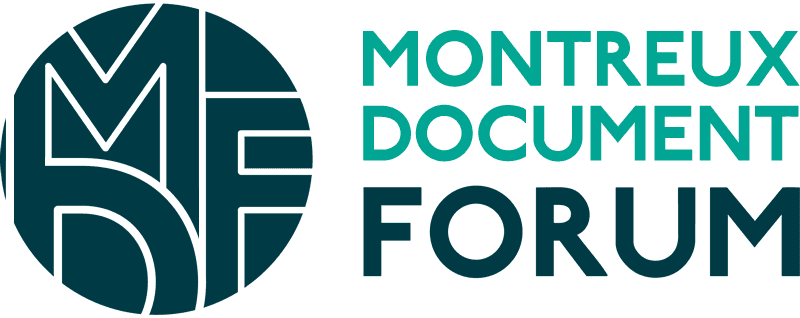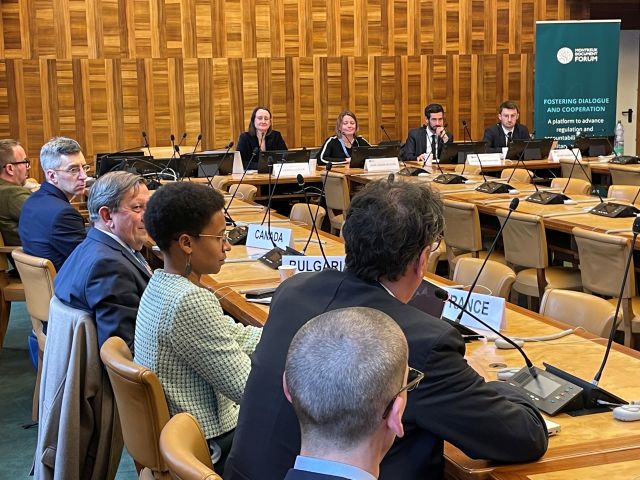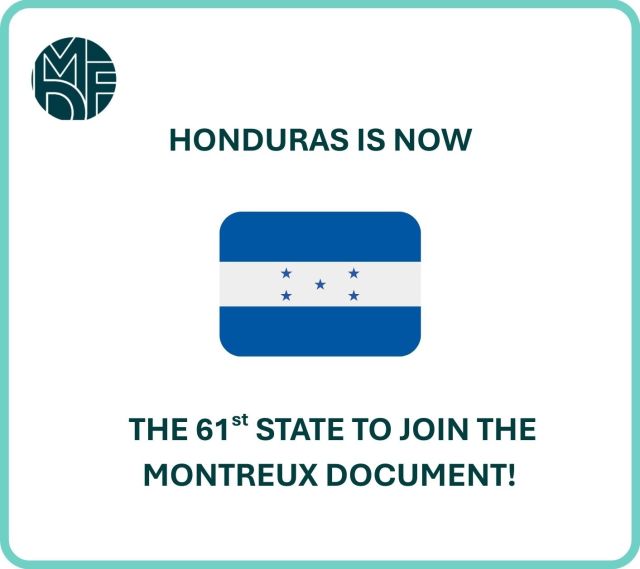
Is there a new wave of Private Military and Security Companies (PMSCs)?
In the 2000s, the increased visibility of PMSCs in situations of armed conflict sparked public interest in the industry. Nowadays, more PMSCs are operating than fifteen years ago, and they are active in more States and with a wider variety of clients. A decline in the use of PMSCs by western governments in Iraq and Afghanistan, and geographical diversification of PMSC contracting in armed conflicts altered the geographic zones where the industry operates. This also translated into a notable shift in offered services by PMSCs in armed conflict. In the last decades, and with the development of new territorial States, there has been the emergence of a new set of home States for PMSCs. There has also been a diversification of the place where the PMSCs are operating and a new variety of contracting States. These developments raise the question of whether we find ourselves in a new ‘wave’ of PMSCs in armed conflicts and fragile contexts, and whether existing international initiatives and norms to regulate the industry remain adequate.
The 2000s sparked the development of soft law norms, such as the Montreux Document and the International Code of Conduct (ICoC), in response to the legal and humanitarian issues arising from the increasing use of PMSCs in armed conflict. These initiatives made clear that PMSCs do not operate in a legal vacuum. In addition, the norms and good practices that were developed have proven their relevance in strengthening private security regulation. Today, the key challenges are the lack of political will and capacities to implement existing norms at the national level.
Next to a clear legal framework, international efforts should also support the strengthening of the regulatory capacities of States, as well as the oversight capacities of national stakeholders (i.e., civil society, media, and national human rights institutions) to ensure that the PMSC sector is held accountable.
Latest News
-
On 1 December, the MDF held a side event at the United Nations in Geneva on PMSCs’ cyber operations in armed conflict.12 December 2025
-
On August 15th, 2025, Honduras officially declared its participation to the Montreux Document, becoming the 61st supporting State.25 August 2025
-
On June 9th, 2025, Latvia officially became the 60th State Participant to the Montreux Document.15 June 2025






